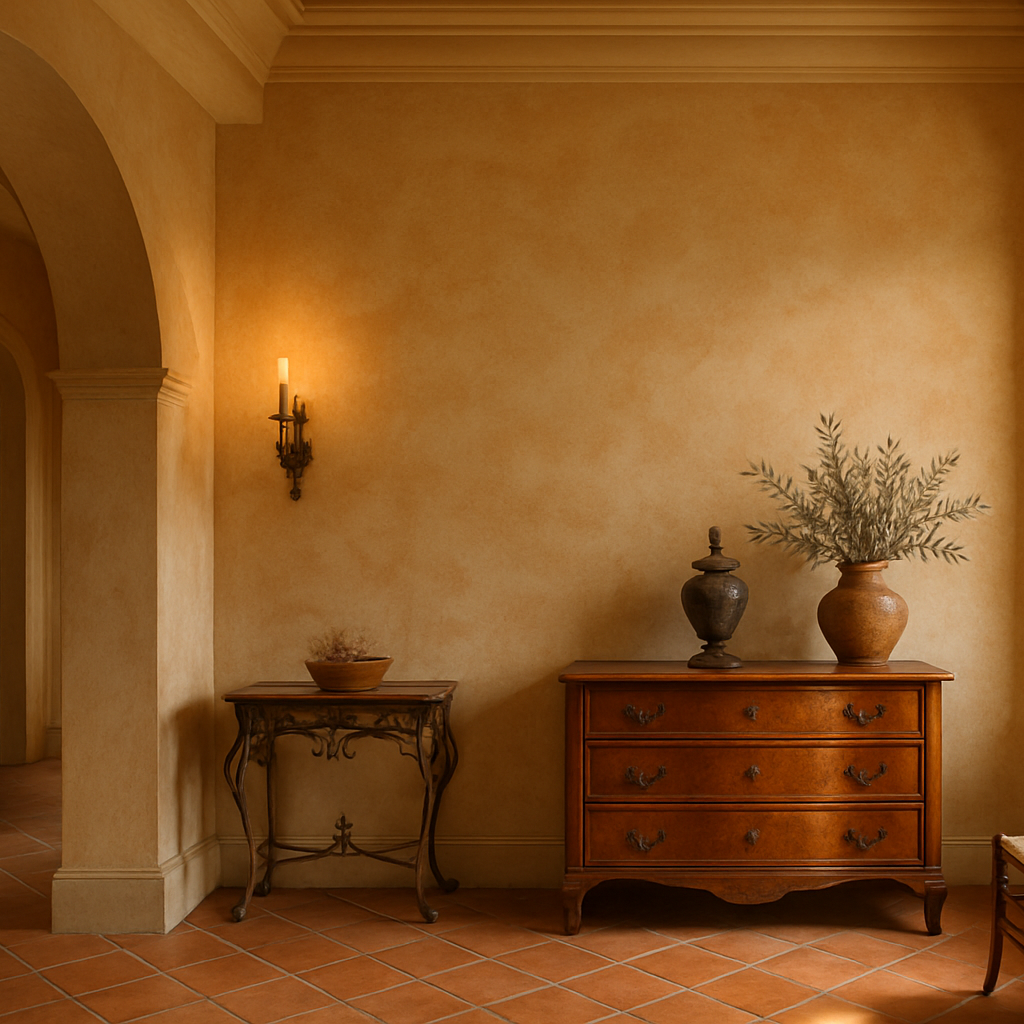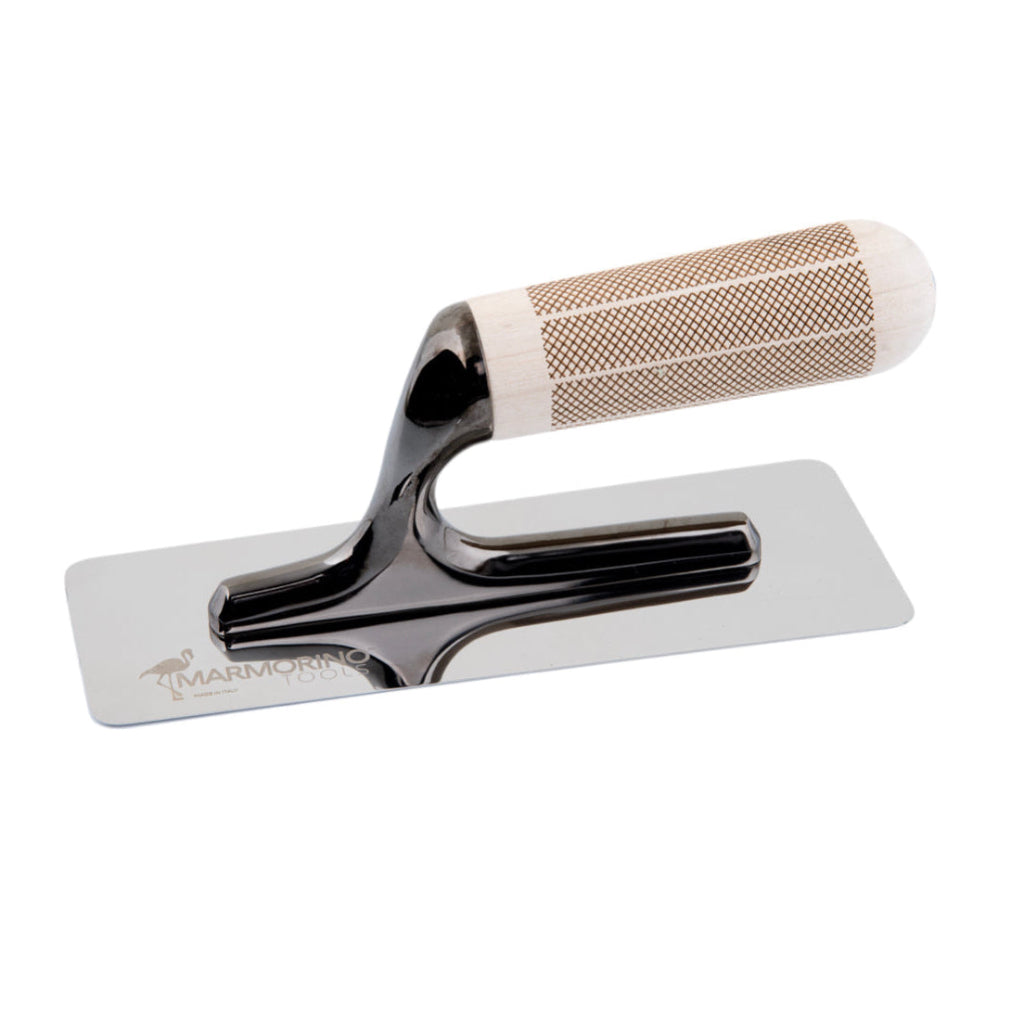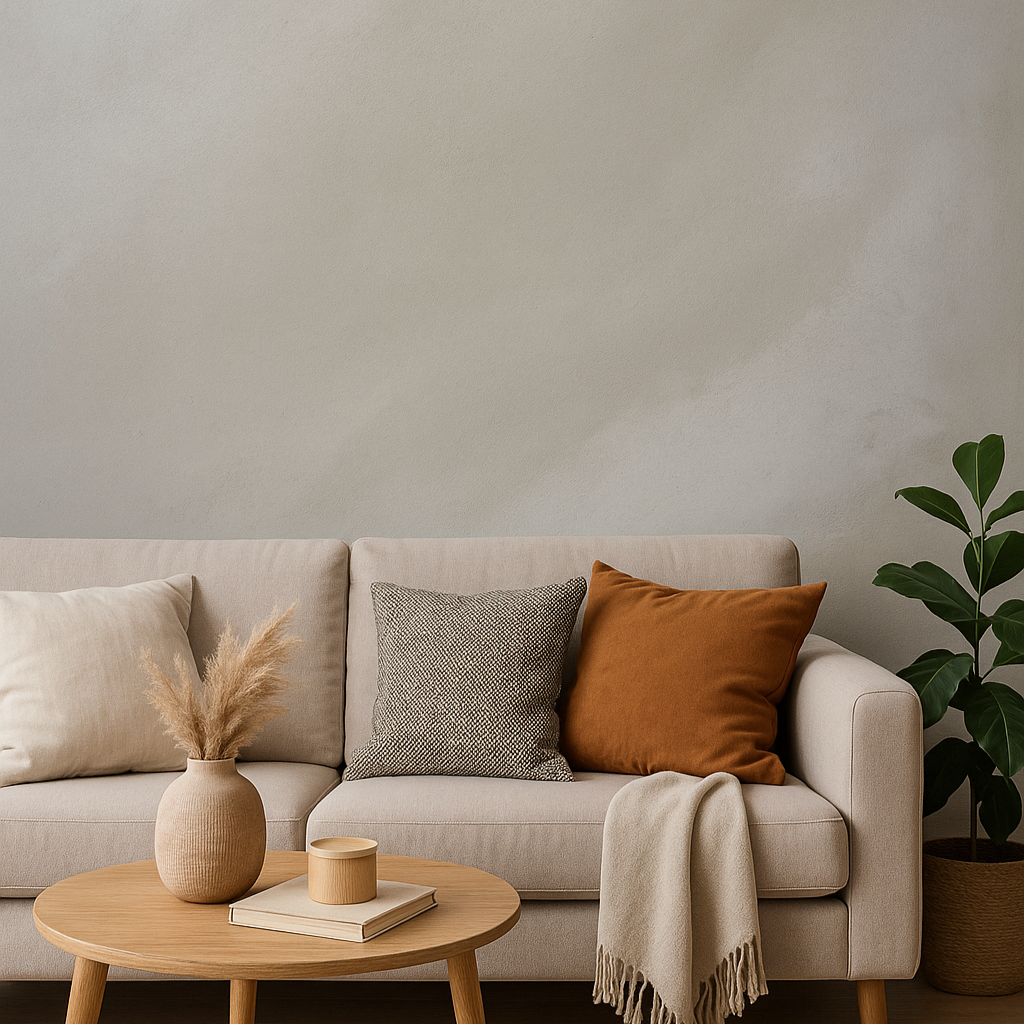
History & Art of Venetian Plaster
The History and Art of Venetian Plaster
Venetian plaster is more than just a wall finish — it’s a timeless art form that has travelled through centuries, evolving in style, technique, and purpose. Whether you’re a homeowner, designer, or craftsperson, understanding its history can deepen your appreciation for the craft and inspire your own projects.

What Is Venetian Plaster?
Venetian plaster, also called stucco Veneziano, is a decorative wall finish made primarily from lime, marble dust, and water. When applied in thin, polished layers, it creates a smooth, stone-like surface with depth and texture. Depending on technique, it can be glossy, satin, or matte, and tinted in almost any colour.
Ancient Origins
Although the name “Venetian plaster” links it to Venice, its roots go back much further — to Ancient Rome and Greece. Roman builders used lime-based plasters for durability and beauty, often polishing them to resemble marble. These surfaces were not just decorative; lime plaster also helped regulate moisture, making it ideal for Mediterranean climates.

The Venetian Renaissance
Venice embraced and refined these ancient methods during the Renaissance (14th–17th century). The city’s humid, salty air made traditional stone construction challenging. Venetian plaster provided a lighter, more versatile alternative to marble cladding. Craftsmen developed new application techniques, layering fine lime plaster with natural pigments for vibrant colour and depth. The polished, marble-like walls became a hallmark of Venetian palaces, churches, and public buildings.
An Art Form in Itself
Venetian plaster isn’t just a building material — it’s a craftsman’s art. The beauty lies in hand application, where each stroke adds subtle variations in tone and texture. Skilled artisans often mix techniques — combining Marmorino, Scagliola, and polished finishes — to create unique surfaces. In the right light, a finished wall shimmers softly, much like real stone.
Modern Revival
Today, Venetian plaster has seen a worldwide revival. Modern formulas may include acrylics for added durability, but many artisans still prefer traditional lime mixes for their eco-friendly, breathable qualities. Designers use it in everything from luxury hotels to minimalist homes. Its adaptability means it works for both classic elegance and contemporary minimalism.
Why Venetian Plaster Stands the Test of Time
1. Durability – Properly applied, it can last for decades.
2. Breathability – Lime-based plaster reduces moisture problems.
3. Aesthetic Versatility – From rustic texture to glass-like polish.
4. Eco-Friendly – Natural materials and low VOCs.
Learning the Craft
At Finishop, we believe Venetian plaster is a skill anyone can learn — no matter your location or schedule. Our online courses teach the same techniques used by master craftsmen, and you can use any brand of plaster or tools you prefer. We also share exactly what we use in each video, with direct links for convenience.

Final Thoughts
Venetian plaster is more than just a wall finish; it’s a tradition passed from ancient masons to modern artisans. Every trowel stroke connects you to centuries of craftsmanship — and adds your own story to the wall.



Leave a comment
This site is protected by hCaptcha and the hCaptcha Privacy Policy and Terms of Service apply.